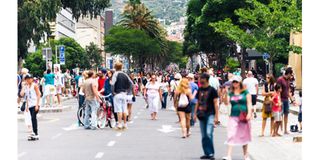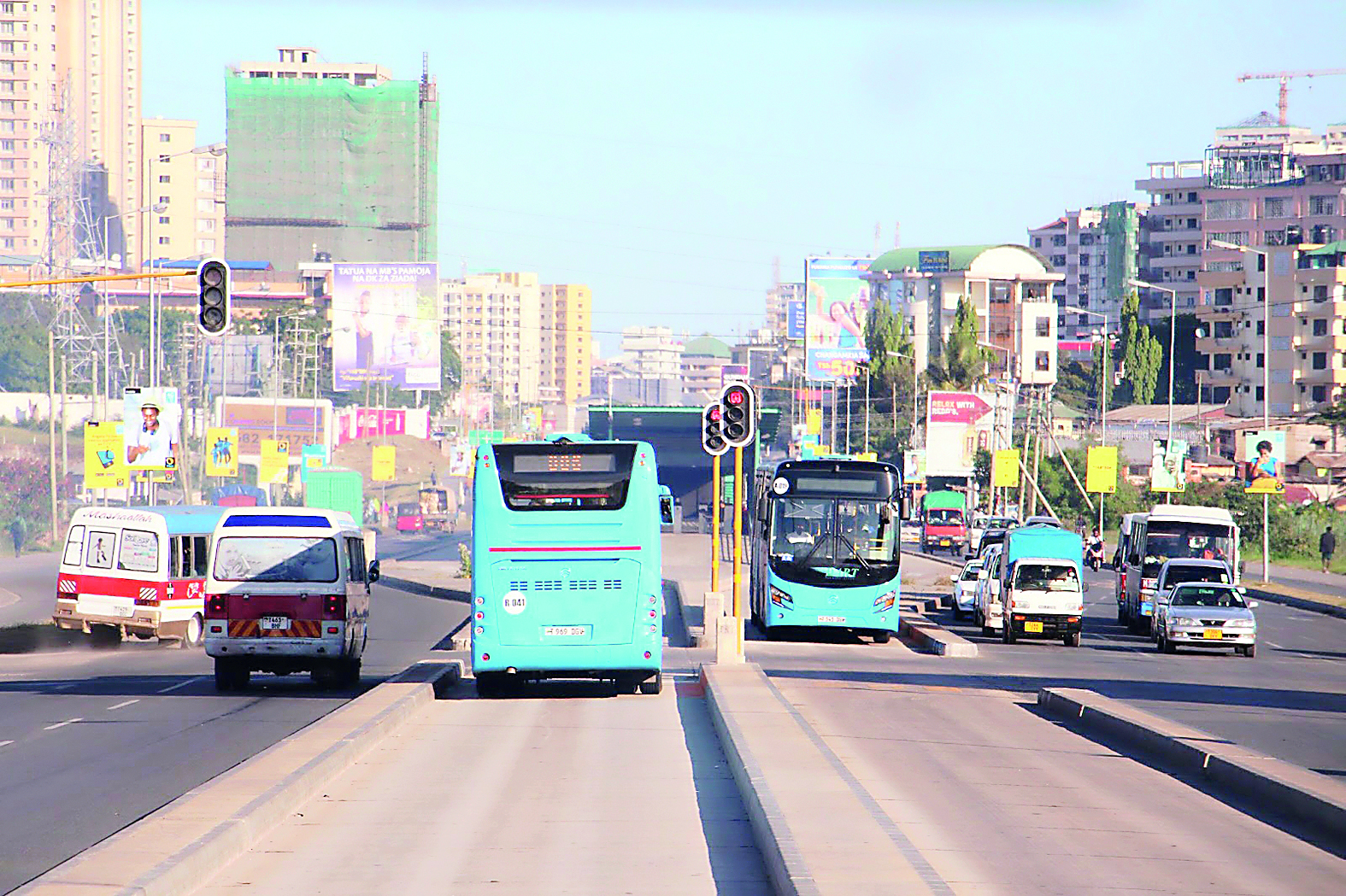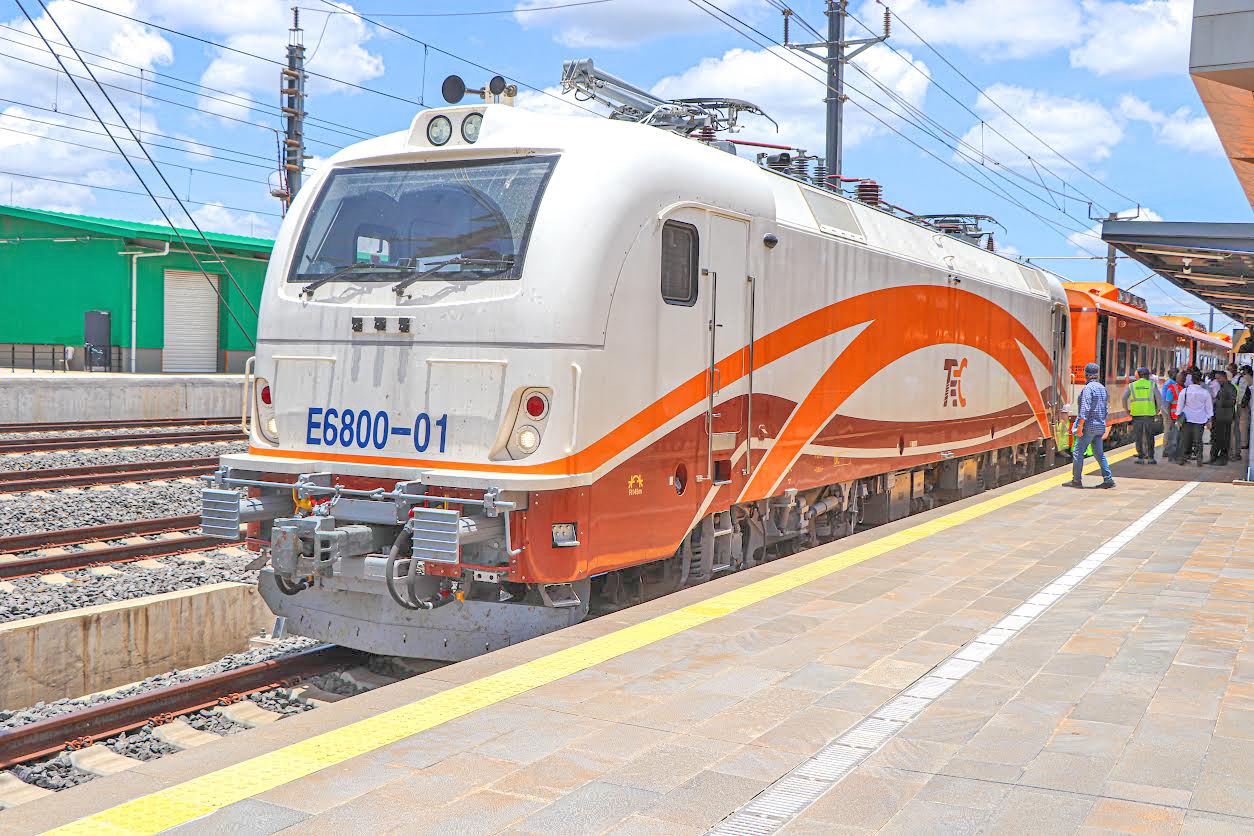‘No, thanks’: White South Africans decline Trump’s US immigration offer

What you need to know:
- Trump’s order includes provisions for the resettlement in the United States of "Afrikaners in South Africa who are victims of unjust racial discrimination" as refugees.
United States President Donald Trump’s offer to resettle white South Africans as refugees fleeing persecution may not prompt the anticipated rush, as right-wing white lobby groups remain committed to "tackling the injustices" of Black majority rule within their homeland.
On Friday, Trump signed an executive order cutting US aid to South Africa, citing an expropriation act signed last month by President Cyril Ramaphosa.
The act seeks to redress longstanding land inequalities originating from South Africa’s history of white supremacy. Trump’s order includes provisions for the resettlement in the United States of "Afrikaners in South Africa who are victims of unjust racial discrimination" as refugees.
Afrikaners, who are primarily white descendants of early Dutch and French settlers, own the majority of the country’s farmland.
“If you haven’t got any problems here, why would you want to leave?” questioned Neville van der Merwe, a 78-year-old pensioner from Bothasig, near Cape Town.
“There hasn’t been any serious trouble with people taking over our land. Life carries on as normal, so what would one do over there?” he added.
The legislation signed by Ramaphosa seeks to address racial disparities in land ownership, with three-quarters of South Africa’s privately owned land still in the hands of the white minority. The new law aims to facilitate state expropriation of land in the public interest, a policy that Ramaphosa has staunchly defended.
White South Africans constitute 7.2 per cent of the country’s population of 63 million, according to official statistics. The figures do not specify how many of these individuals identify as Afrikaners.
During British colonial rule, most farmland was allocated to white settlers. In 1950, under apartheid, the National Party forcibly seized 85 per cent of the land, displacing 3.5 million Black South Africans from their homes.
The African National Congress (ANC), the dominant party in the ruling coalition, has accused Trump of amplifying misinformation spread by AfriForum, an Afrikaner-led advocacy group.
AfriForum, which previously lobbied Trump’s administration on its cause, has stated that it will not be accepting the offer.
“Emigration is an option only for Afrikaners willing to risk sacrificing their descendants’ cultural identity. The cost of such a decision is simply too great,” AfriForum CEO Kallie Kriel said on Saturday.
Commitment to South Africa
Similarly, the Solidarity Movement—comprising AfriForum and the Solidarity trade union and claiming to represent approximately 600,000 Afrikaner families and two million individuals—expressed its dedication to remaining in South Africa.
“We may disagree with the ANC, but we love our country. As in any community, there are individuals who wish to emigrate, but repatriation of Afrikaners as refugees is not a solution for us,” the Solidarity Movement declared.
Representatives of Orania, an Afrikaner-exclusive enclave in central South Africa, also rejected Trump’s offer.
“Afrikaners do not wish to be refugees. We love our homeland and remain committed to it,” Orania stated.
Since the abolition of apartheid, South Africa’s land policies have never entailed the forced seizure of white-owned land.
Nevertheless, some individuals welcomed Trump’s gesture.
“I think it’s a very kind offer from Donald Trump to grant us asylum in the United States,” remarked Werner van Niekerk, a 57-year-old carpenter from Bothasig, though he did not confirm whether he intended to emigrate.
Others took a more humorous approach.
“Some questions: is there a test to determine your Afrikaner status? Must you hold an AfriForum membership? … Will Elon (Musk) provide some startup capital on the other side? … Are there bakkies (pick-up trucks) in the US?” author Pieter du Toit quipped on X, referencing South African-born billionaire and Trump ally Elon Musk, who has accused Ramaphosa’s government of implementing "openly racist ownership laws."



